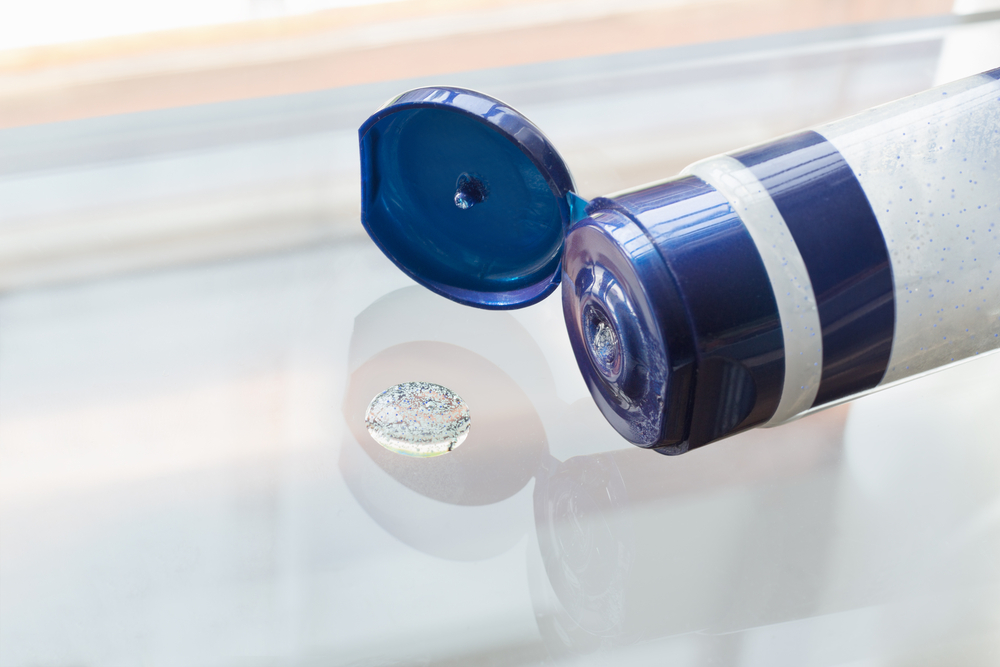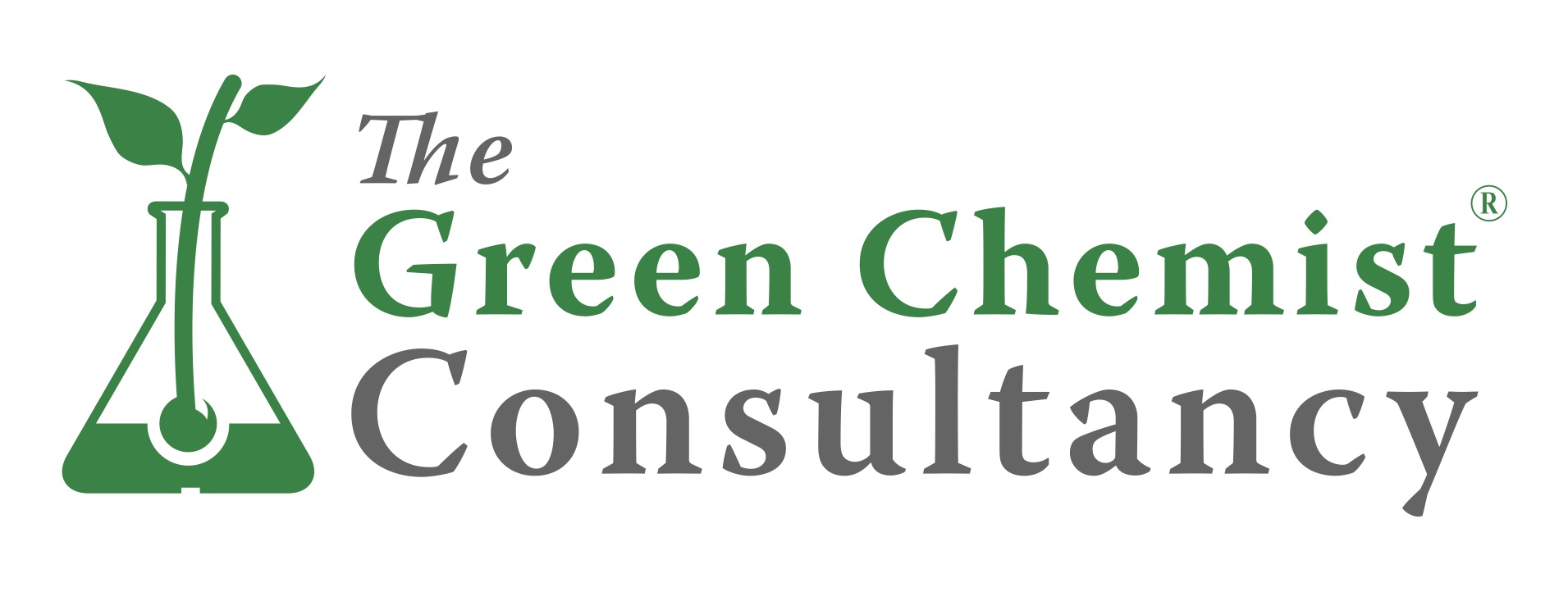
I believe exfoliation is a very important beauty practise, but not when your face exfoliant is harming to marine life. How?
The cheapest micro beads used in exfoliating cosmetics, from face exfoliants to body scrubs, are made of Polyethylene. They are perfectly round in shape (less than one millimeter diameter) with a soft texture that feels really nice when you roll the tiny balls all over your face and body, helping removing dead skin cells without being harsh to the skin. Unfortunately even if they are made of Polyethylene, a recyclable plastic, when they end up in the environment, or roll down I should say, in lakes, seas, oceans and fish they do not break down at all but they accumulate. Because of their tiny size they enter the food chain and the fish digestive system, causing God knows what problems.
Can you imagine having your belly full of plastic balls? the picture that comes to my mind is the lottery balls spinner! even if there is no clear data yet about the impact of these tiny balls on marine life, I do not think we need to wait for this data to act about plastic beads pollution.
What you can do is really simple: simply avoid cosmetic products containing these micro beads by reading the ingredients list watching out for the INCI name Polyethylene. You do not have to stop using exfoliants because there are natural biodegradable alternatives, they are not as cheap, but still with a lovely texture and round shape. In fact I have been working on an exfoliant for my range Forest Secrets Skincare using one of these new alternatives and I m really pleased.
According to 5 Gyre, an organization focused on banning plastic pollution, cosmetic exfoliants based on polyethylene beads are the major cause of plastic pollution in marine waters and marine life. They are campaigning to ban plastic micro beads from cosmetics for good. You can sign the 5 Gyre petition here
Happy scrubbing avoiding face exfoliant harming marine life
Update on plastic beads
- New Jersey outlaws plastic micro beads
- Ban coming to Europe?
- Ban coming in Colorado

